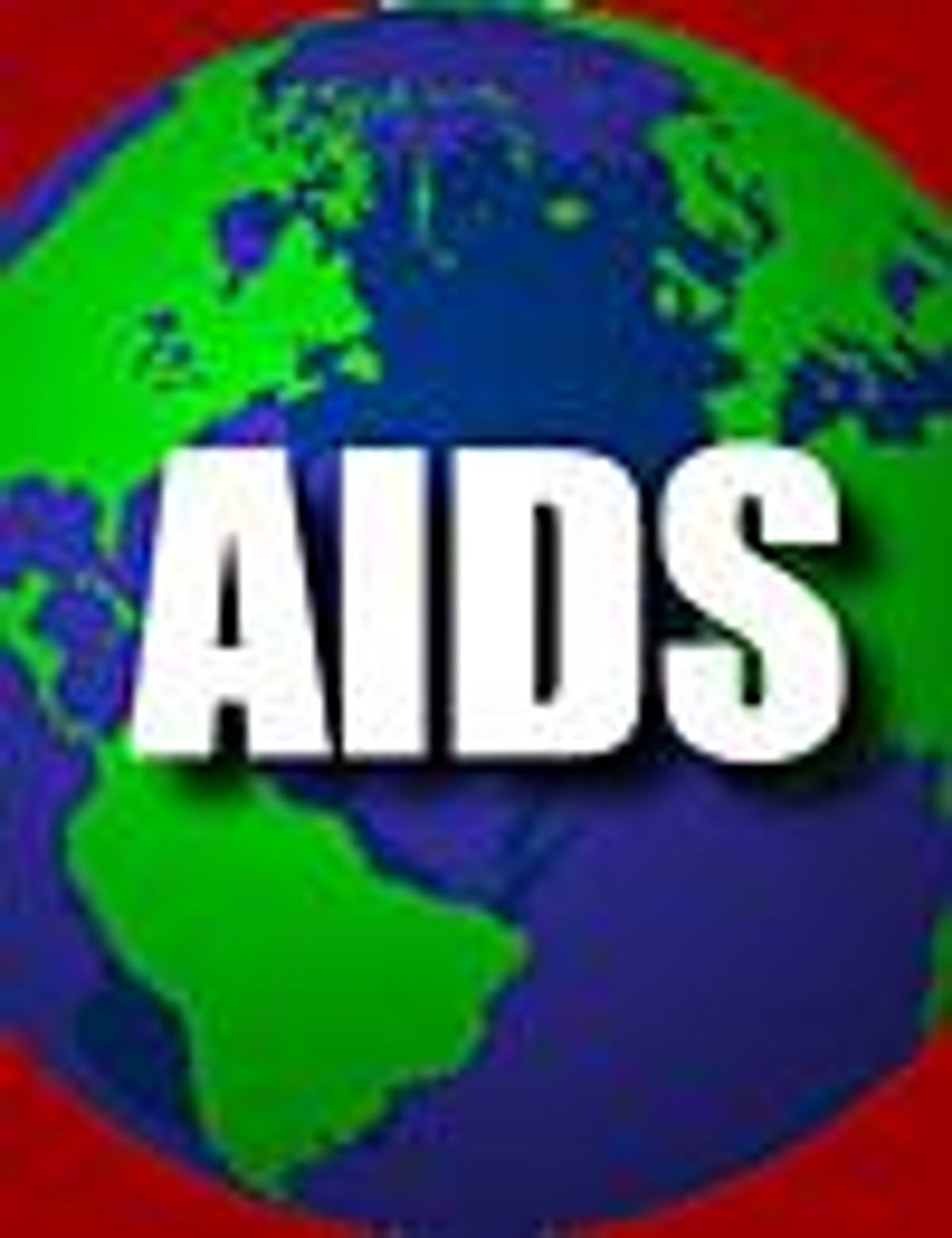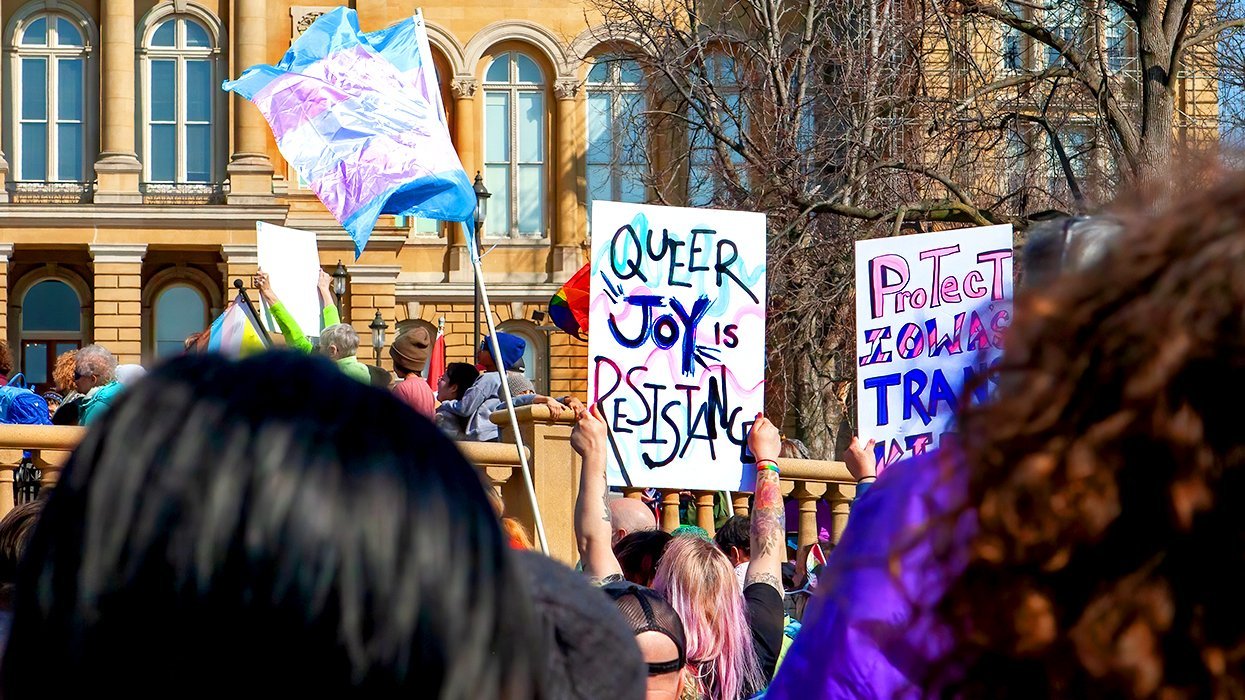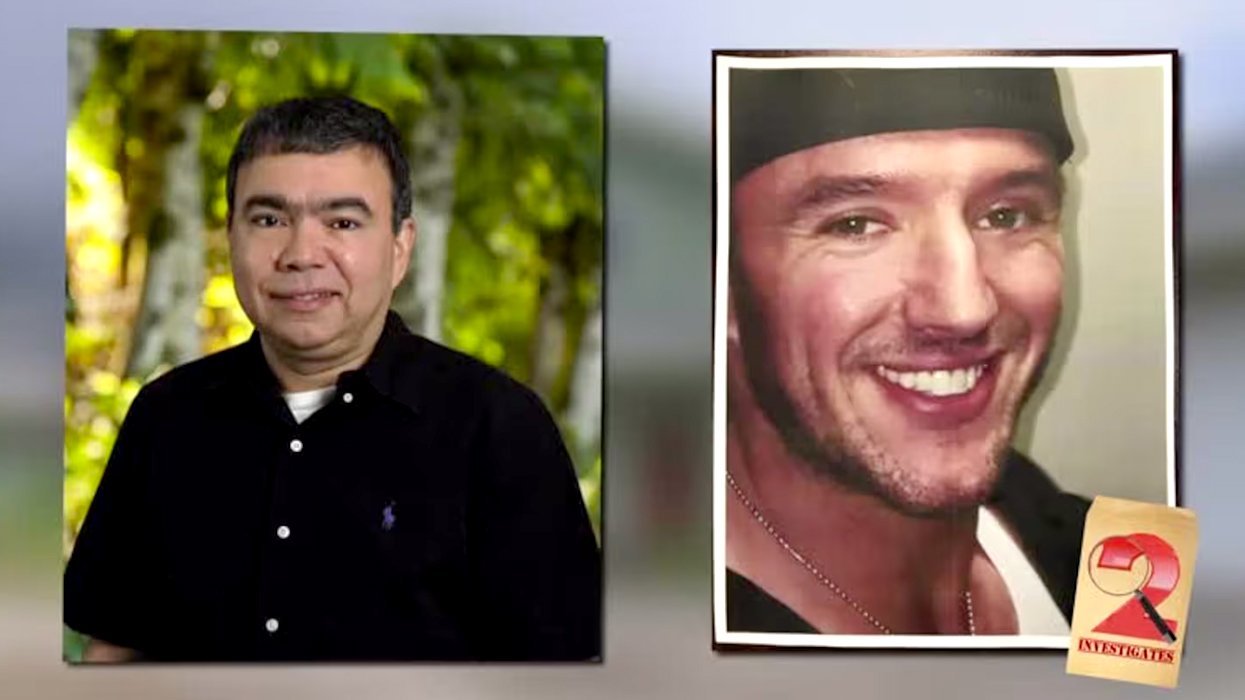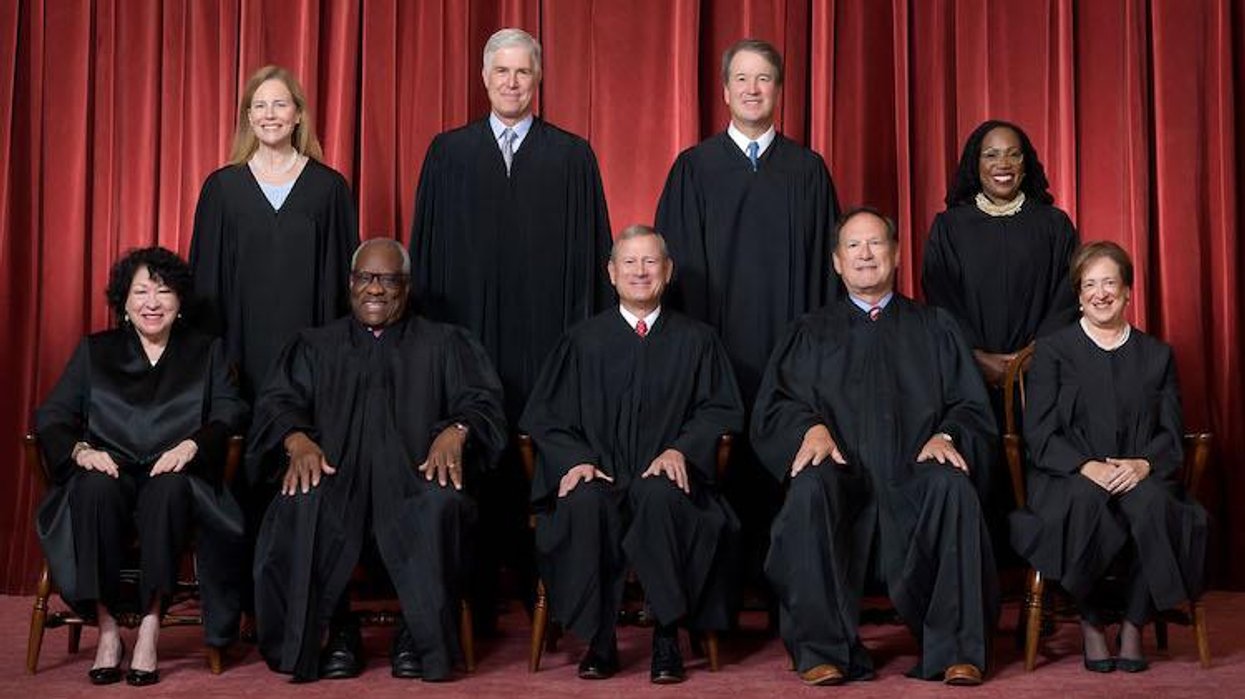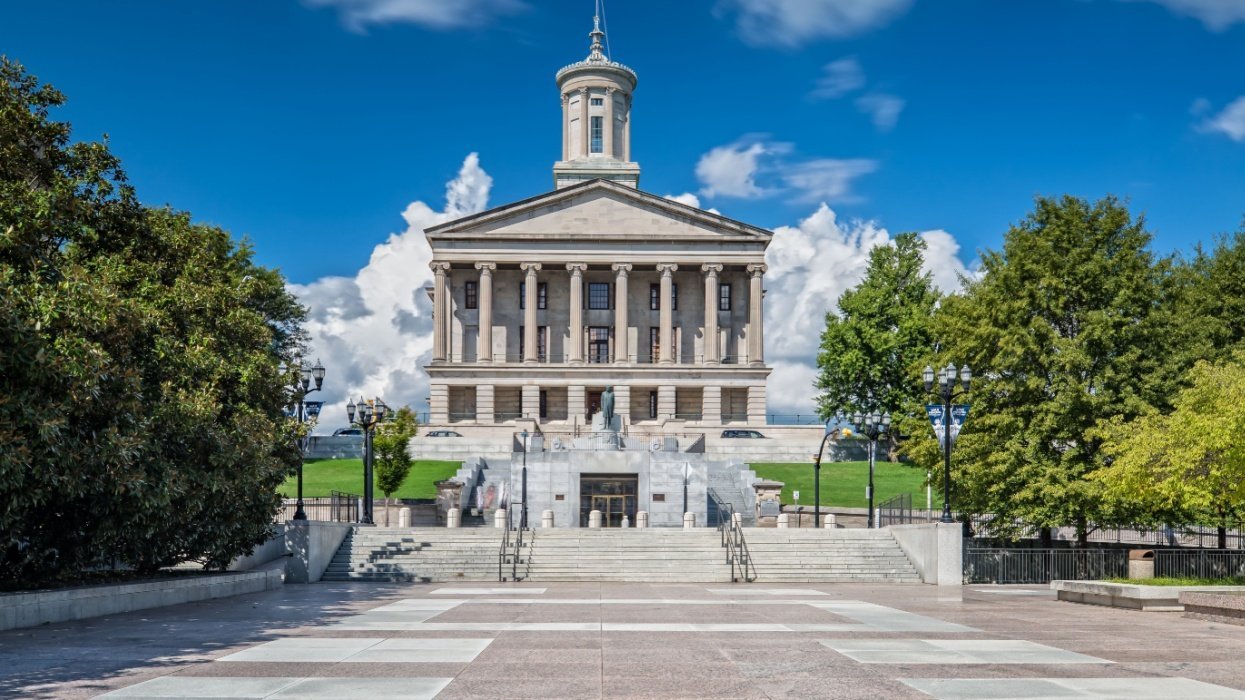The Department of
Homeland Security announced proposed regulations
Thursday purporting to offer a "streamlined,"
"categorical" waiver for HIV-positive visitors from other
countries. However, by using this "streamlined" application
process, applicants would have to also waive the possibility
of any change in immigration status while in the
United States.
The United States
is one of 13 countries in the world to bar HIV-positive
travelers from entering the country. Last year on World AIDS
Day, President Bush announced that he intended to
create a streamlined process for foreign travelers
with HIV to enter the U.S. more easily. However, the
regulations proposed nearly one year later would make it
even harder to get a short-term waiver.
According to a
joint release from Immigration Equality and Gay Men's
Health Crisis, the proposed changes do not hold much promise
for HIV-positive travelers. "Unfortunately, despite
using the terms 'streamlined' and 'categorical,' in
reality these regulations are neither," said Victoria
Neilson, legal director of Immigration Equality. "More
than two decades into this epidemic, the United States
continues to stigmatize people with HIV and treat this
illness unlike any other virus. Creating
insurmountable hurdles to travel does nothing to
protect the American public from HIV."
Under the new
rules, a visitor would need to travel with all the
medication he would need during his stay in the U.S., prove
that he has medical insurance that is accepted in the
U.S. and would cover any medical contingency, and
prove that he won't engage in behavior that might put
the American public at risk. The maximum term of the waiver
would be 30 days.
The new
regulations purport to speed up the waiver application
process because consular officers would be empowered
to make decisions on waiver applications without
seeking DHS signoff.
"As written, the
rule could leave individuals with HIV who obtain
asylum in the U.S. in a permanent limbo -- forever barred
from obtaining legal permanent residence and therefore
cut off from services, benefits, and employment
opportunities," said Nancy Ordover, assistant director
of Research and Federal Affairs for Gay Men's Health Crisis.
"It seems very disingenuous that the government is
claiming to make things easier for people with HIV,
but it's really compelling them to forfeit their
rights."
Homeland Security
will issue a final decision on the proposed changes
after a 30-day comment period ending on December 6. (The
Advocate)
